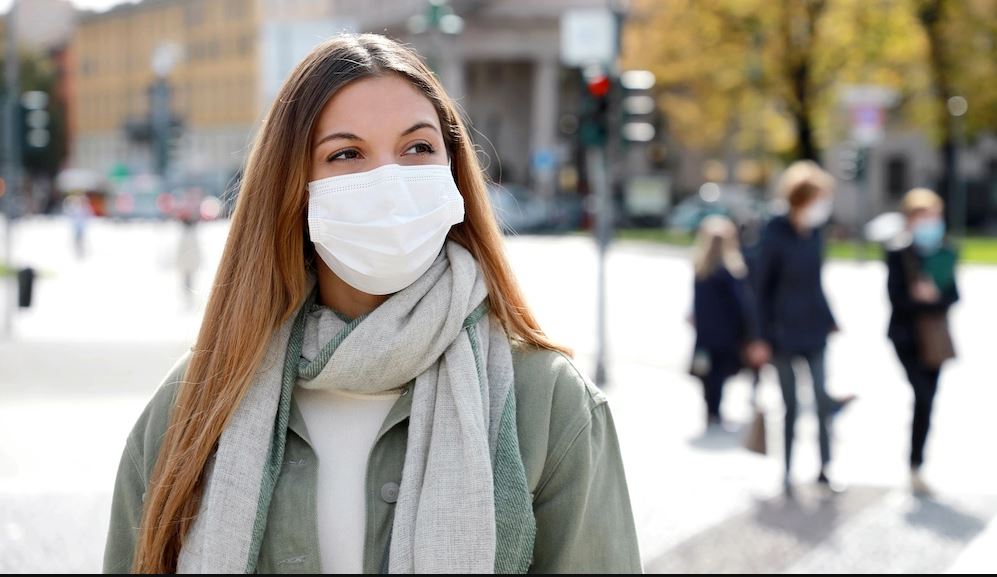It’s hard to believe that it’s been one year since the world came to a halt. Everyone has felt the weight of the COVID-19 pandemic. In addition to the obvious physical factors of health and safety, as well as the economic factors due to things shutting down, mental health has been impacted on a global level. For some, this is intuitive; however, many people are struggling with mental health for the first time and may be influenced by the personal, familial, cultural or societal stigma surrounding mental health. The increase in people struggling with depression, anxiety, addiction and suicidal thoughts have created a much higher demand for people to seek help.
Why COVID-19 Has Impacted Individual Wellness
Watching the world struggle through a pandemic alone can impact your mental health. On top of the shared experiences, most of us have experienced trials and crises that have directly affected our mental wellbeing, including:
- Fear of unknown
- Economic impact, including loss of a job or financial security
- Fears within vulnerable populations
- Grief or loss of friends or family members
- Isolation from people
- Inability to participate in everyday activities
- Increased responsibilities, such as homeschooling children
Realistically, we are all in survival mode. We are all trying to deal with the cards that we have been dealt. However, we may not have been aware of how much these events have affected our mental health. Experiences like this can be traumatic and bring about depression or anxiety without us even being aware of how they affect us.
Increases in Mental Health Statistics
According to data from the Kaiser Family Foundation (KFF) published on February 10, 2021, there have been significant increases in the number of people experiencing mental health implications due to the global pandemic. Here are some statistics:
Depression/Anxiety: 41.1% of adults reported these symptoms in 2020, compared to only 11% in January 2019.
Changes in sleep: 36% of adults reported difficulties sleeping during the pandemic.
Changes in eating habits: 32% of adults reported changes in eating habits in 2020.
Suicidal thoughts: Adults report an 11% increase in experiencing suicidal thoughts during this time.
Substance use: There was a 13% increase in substance use this past year.
Child abuse: While the number of emergency room visits related to child abuse dropped, the injuries are more severe, and there are more hospitalization cases.
While some of these statistics represent an increase in cases of pre-existing mental health conditions, many have experienced these symptoms for the very first time as a direct result of COVID-19. Statistics are disproportionately higher in specific communities, such as young adults ages 18-24, women, people of color and essential workers. The numbers were also much higher for those diagnosed with COVID-19 due to the stress and anxiety of experiencing the virus.
Effects on Specific Populations
Some of the data increases within specific populations are minimal, by only a few percentage points. However, some of the averages are two or three times higher within specific populations. Pre-existing mental and physical health conditions, economics and an increase in responsibilities appear to create the most considerable differences in many of these populations:
- Elderly
- Medically fragile
- Young adults
- Women
- Parents and families
- People of color
- Those who lost income or jobs
- Healthcare and essential workers
Access to Treatment
Prior to the pandemic, there was already a shortage of mental health and substance abuse services. The KFF survey noted that of those reporting mental health symptoms, 20% also reported not receiving mental health care in the previous month. Many who need mental health and substance abuse services do not have insurance or cannot afford treatment. With the individual economic impact of COVID-19, a job loss also means a lack of ability to pay for health insurance.
Due to the pandemic, telehealth services brought access to mental health services directly into people’s homes, which made mental health care more convenient than ever for most people. However, with such significant increases in the number of patients needing mental health services, the high demand versus the number of healthcare professionals has remained a barrier to treatment access.
Learning Resilience and Empathy
There have been some positives in mental health during the COVID-19 crisis. Many people have developed greater resilience and the ability to cope with stressors as a result of the pandemic. Also, people have had to be more creative about how they connect with others and have learned to develop greater empathy and compassion because of the many extenuating mental and physical factors surrounding the global pandemic.
There is no denying that the pandemic has weighed heavily on the minds of everyone. Statistics demonstrate increases in the number of cases of many types of mental health conditions, everything from sleeping and eating habits to depression, anxiety and substance abuse. New Life has remained open and available during the pandemic. In addition to telehealth services, our Maryland rehab treatment center remains available to treat substance abuse and co-occurring mental health disorders while adhering to strict health policies to protect your physical health. If you have been directly impacted by the stressors of this past year, we can help you. We offer outpatient services to help you meet your responsibilities while still getting the care you need for addiction and mental health. You may not have control over everything during this difficult time, but you can retake control of your life through treatment. For more information on our services and COVID-19 policies, call New Life today at (877) 929-2571.
